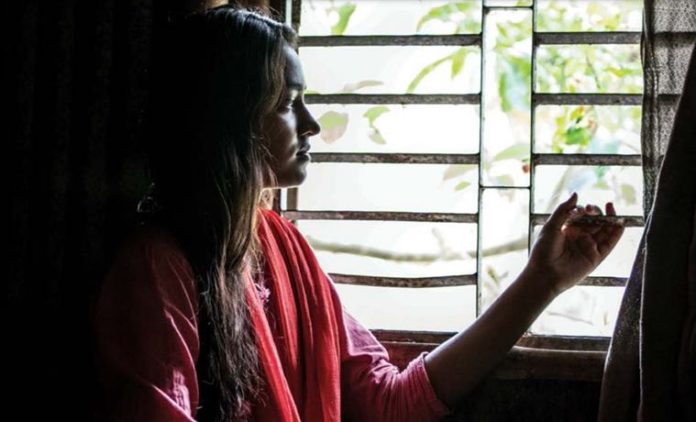New Delhi (NVI): Ten million additional girls are at an increased risk of child marriage due to the Covid-19 pandemic, according to a new report launched by UNICEF on the occasion of International Women’s Day today.
These child marriages may occur before the end of the decade, reversing years of progress achieved to reduce the practice so far, says the report.
UN Children’s Fund report warned that school closures, economic stress, service disruptions, pregnancy, and parental deaths due to the pandemic are putting the most vulnerable girls at increased risk of child marriage.
The report released on International Women’s Day titled “COVID-19: A threat to progress against child marriage” said that in the last ten years, the proportion of young women globally who were married as children had decreased by 15 per cent, from nearly one in four to one in five.
This is equivalent of some 25 million marriages averted, a gain that is now under threat, it said.
“COVID-19 has made an already difficult situation for millions of girls even worse. Shuttered schools, isolation from friends and support networks, and rising poverty have added fuel to a fire the world was already struggling to put out,” said UNICEF Executive Director Henrietta Fore.
The UNICEF report also noted that girls who marry in childhood are more likely to experience domestic violence and less likely to remain in school.
They face increases the risk of early and unplanned pregnancy, in turn increasing the risk of maternal complications and mortality.
The practice can also isolate girls from family and friends and exclude them from participating in their communities, taking a heavy toll on their mental health and well-being.
UNICEF also informed that the pandemic-related travel restrictions and physical distancing make it difficult for girls to access the health care, social services and community support that protect them from child marriage, unwanted pregnancy and gender-based violence.
“As schools remain closed, girls are more likely to drop out of education and not return,” it said.
Additionally, job losses and increased economic insecurity may also force families to marry their daughters to ease financial burdens.
Apart from this, the report estimates that 650 million girls and women alive today were married in childhood, with about half of those occurring in Bangladesh, Brazil, Ethiopia, India and Nigeria. So clearly, the report states that India is among the five countries that account for about half of the total child brides in the world.
To off-set the impacts of COVID-19 and end the practice by 2030, the target set out in the Sustainable Development Goals – progress must be significantly accelerated.
“One year into the pandemic, immediate action is needed to mitigate the toll on girls and their families,” Fore said.
She added that, “By reopening schools, implementing effective laws and policies, ensuring access to health and social services and providing comprehensive social protection measures for families, we can significantly reduce a girl’s risk of having her childhood stolen through child marriage.”
According to UNICEF, India has committed in eliminating child marriage through numerous policies, laws and programmes.
The country’s progress has been one of the strongest among countries in South Asia, during the last decade.
“Yet, one in three of the world’s child brides live in India and the persistence of child marriage remains a potential challenge to India achieving Sustainable Development Goal 5 by 2030.” UNICEF statement added.
-RJV/ARK






